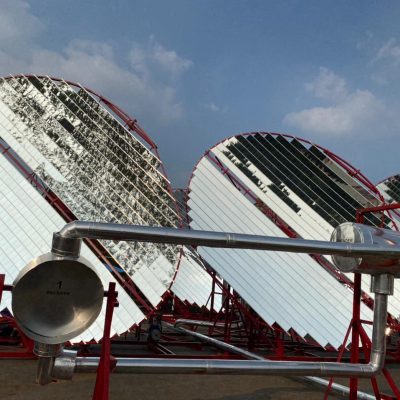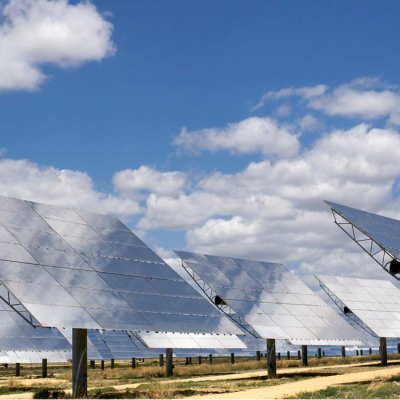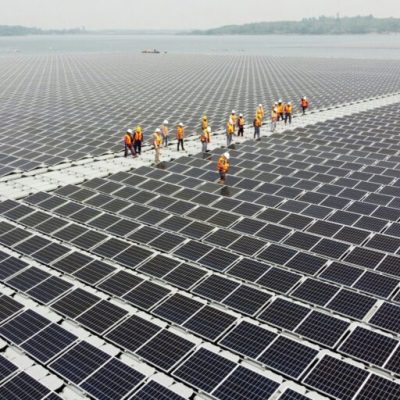A single or two rooftop panels make up a domestic solar water heater. In some systems, tubes take your water through the panels, where the light directly heats it; in others, the tubes carry an antifreeze-like liquid that eventually delivers the sun’s energy to your water via a heat exchanger. The hot water is then directed into a water tank that resembles a typical hot water heater. (In the basement, the two tanks are normally kept side by side.) Solar water heaters in the brightest climates may heat water to nearly 200 degrees , but even in cooler, greyer climates, most solar heaters should attain temperatures comparable to those of a regular water heater.
Active solar water heaters
Active solar water heating systems are divided into two categories:
- System of direct circulation
Household water is circulated through collectors and into the residence by pumps. They operate effectively in places where there are less chances of freezing.
- System of indirect circulation
Pumps circulate a heat-transfer fluid that does not freeze via the collectors and a heat exchanger. This heats the water, which then circulates throughout the house. They’re popular in areas where the weather can get cold.
Photovoltaic systems have grown in size and complexity. Typically, homeowners cover their roofs with numerous panels. When photons from the sun strike a panel, they knock electrons from one material to another, causing an energy flow.
Solar water heaters utilise sunlight more efficiently than photovoltaic systems, in part due to the photovoltaic panel’s complex chain of interactions. Furthermore, photovoltaic silicon cannot use as many wavelengths of light as a water heater, resulting in some light being wasted. Solar thermal systems convert 60 to 70% of the sun’s energy into heat, whereas high-end photovoltaics have a maximum efficiency of roughly 25%. (Researchers have built photovoltaics that are more than 42% efficient in the lab, but these stripped-down systems aren’t yet available to customers and may never be.)
Passive Water heaters
Passive solar water heaters are more affordable than active solar water heaters, however they are frequently inefficient. Passive systems, on the other hand, are more dependable and can last for longer periods of time. Passive systems are divided into two categories:
- Passive collector-storage systems
These are made up of a storage tank and a translucent layer that allows the sun to heat the water. The tank’s water is subsequently pumped into the piping system. These work well in places where temperatures are rarely below freezing. They’re also great for houses using a lot of hot water during the day and evening.
- Thermosyphon systems.
Water is heated in a collector on the roof and then pumped through the plumbing system when a hot water taps is turned on.
Price of solar water heaters?
Solar water heaters are more expensive to buy and install than traditional water heaters. A solar water heater, on the other hand, can usually save you money in the long term.
The amount of money you save is determined by the following factors:
How much hot water do you use?
The efficiency of your system
Your solar resource and geographic location
Financing options and incentives
The cost of conventional fuels that would otherwise be used by your traditional water heater (natural gas, oil, or electricity)
Installing a solar water heater can reduce your water heating expenditures by 50–80 percent on average. You’re also insulated from future fuel shortages and price increases because the sun is free.
Our new technology AGNI-69 surpasses both the water heater and photovoltaics together. It can heat water as well as it can produce superheated steam that can be used for a variety of purposes, such as cooking or as a boiler.
we are the indigenous manufacturers of solar grade mirrors in our country. We have been working in the field of renewable energy for the past 7+ years, and our goal is to make India the country of renewable energy.
ARS has developed its new technology AGNI 69, a straightforward solution which can be extremely useful in preparing community foods without burning any fuels, reducing fuel consumption by about 80%.


